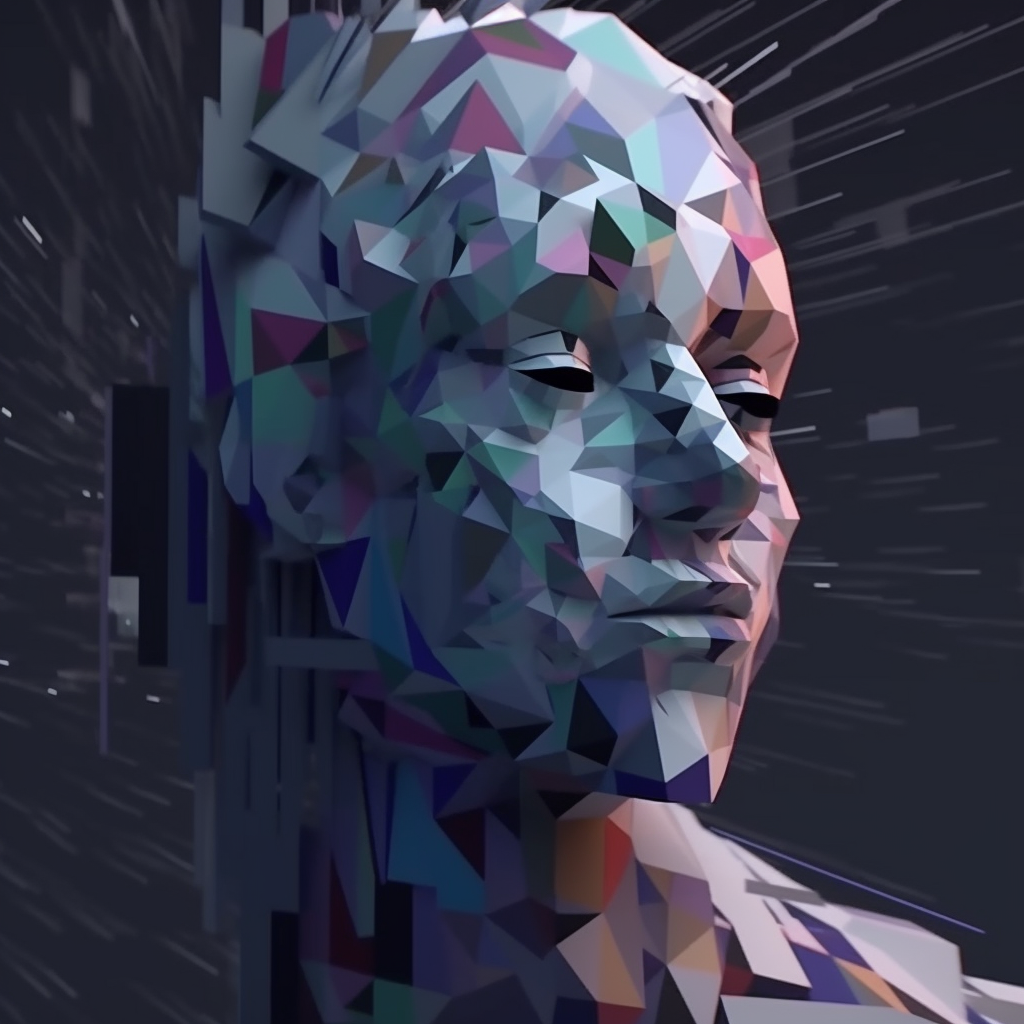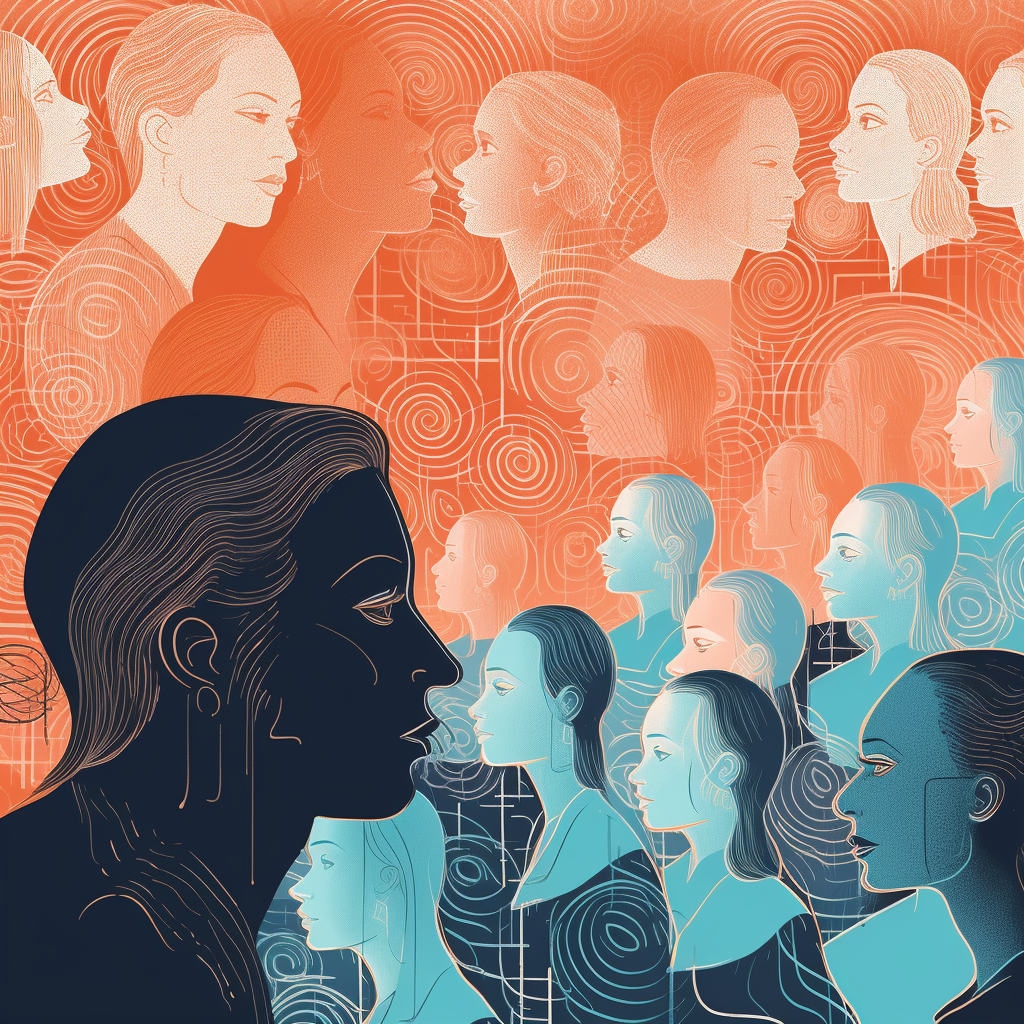How AI is Shaping Our Personal Identity: Will It Augment or Replace Us? 🧐

Artificial intelligence (AI) is rapidly transforming the way we live and work, with potential implications for how we perceive and define our personal identities. As AI becomes more advanced, it has the potential to both augment and replace aspects of our personal identities, leading to a fundamental shift in how we see ourselves and our place in the world. In this blog post, we'll explore the ways in which AI is shaping our personal identities and the implications this could have for society.

Augmentation 🦾
One of the most promising aspects of AI is its ability to augment and enhance our personal identities. Wearable AI devices, such as smart glasses or hearing aids, can help individuals with disabilities to better navigate the world around them, while AI-powered brain implants could enhance cognitive abilities and improve mental health. These technological advancements could provide individuals with new abilities and a greater sense of independence, ultimately leading to a more empowered personal identity.

Replacement 🤖
AI, however, could also replace certain aspects of our personal identities. As AI systems become more advanced, they could potentially replace human workers in a variety of industries, leading to a loss of identity and sense of purpose for those whose jobs are taken over by machines. This could lead to a crisis of identity, as individuals struggle to redefine themselves in a world where their traditional roles and jobs have been replaced by automation.

Data-Driven Identity 📊
Another way in which AI is shaping our personal identities is through data-driven insights. As more data is collected and analyzed about individuals, AI can be used to identify patterns and insights that can help us better understand ourselves and our needs. This could lead to a more accurate and holistic understanding of our personal identities, but it could also raise concerns about privacy and autonomy. If our personal identities become increasingly defined by data, we may lose a sense of agency and control over how we are perceived by others.

Bias and Discrimination 🚫
One of the most significant concerns surrounding AI and personal identity is the potential for bias and discrimination. AI systems are trained on datasets that reflect the biases and prejudices of the society in which they were created, which could perpetuate existing social inequalities and lead to discriminatory outcomes. This could have a profound impact on our personal identities, as we may be unfairly categorized and judged by AI systems based on factors such as race, gender, or socioeconomic status.

Human-AI Interaction 🤝
Finally, as AI becomes more integrated into our daily lives, it has the potential to shape our social interactions and relationships. This could affect how we perceive ourselves and others, as well as our sense of empathy and compassion. For example, if we rely heavily on AI systems for social interactions, we may become less skilled at reading and understanding human emotions and behaviors, ultimately affecting our sense of identity and social connectedness.
AI is already having a profound impact on how we define and perceive our personal identities. While it has the potential to augment and enhance our abilities, it could also lead to a loss of jobs, a crisis of identity, and discriminatory outcomes. To ensure that AI is used ethically and responsibly, it is essential that we carefully consider its impact on our personal identities and take steps to mitigate any negative effects. By doing so, we can harness the power of AI to create a more equitable, empowered, and connected society.

